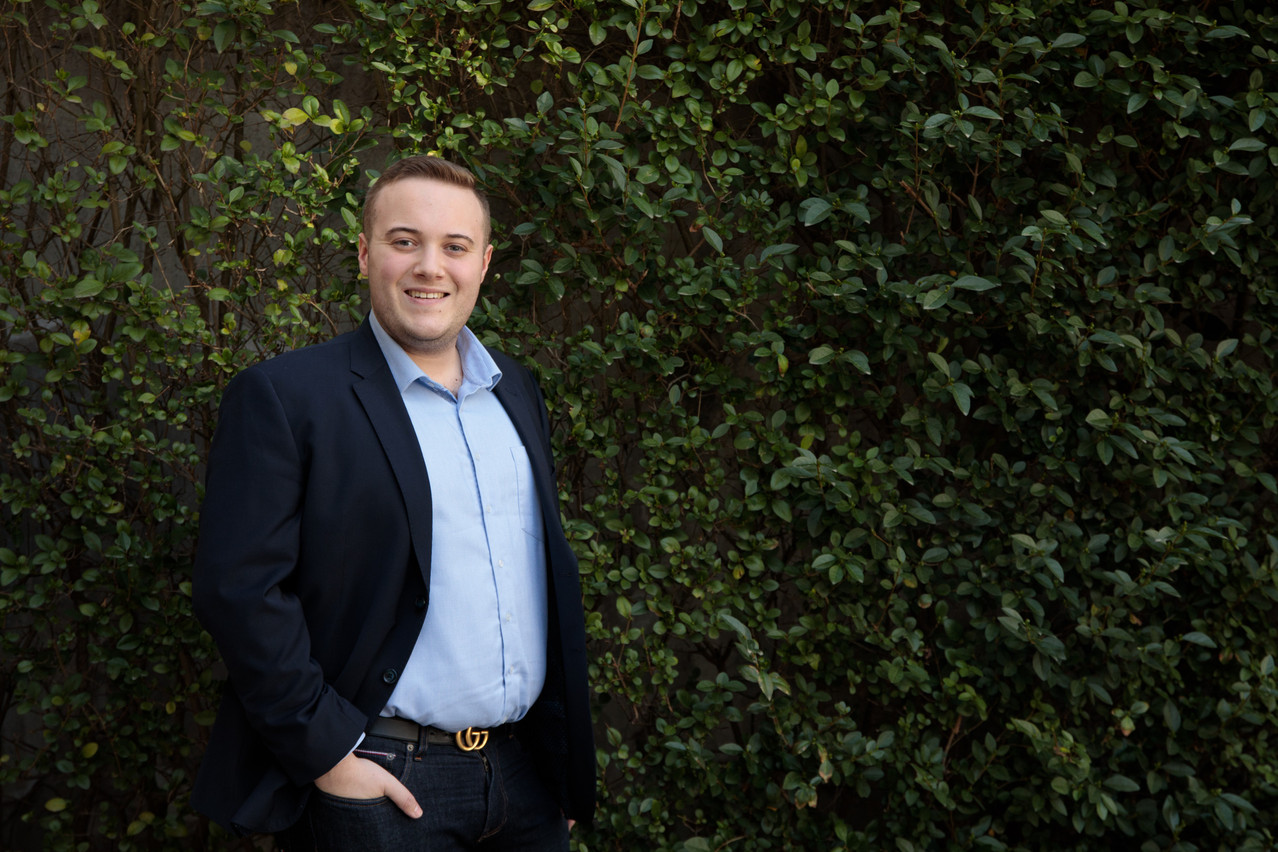What does the Jugendrot do, and how are you involved in the European Year of Youth?
We are an umbrella organisation where 30 youth organisations are members. We represent around 80,000 to 100,000 young people here in Luxembourg at the political level, giving them a voice, because most young people cannot yet vote.
We will be at Europe Day on 9 May in Esch-sur-Alzette. We’re working on projects with our partners, such as the European Commission representation in Luxembourg and the European Parliament, the foreign ministry and the youth ministry.
The news that this year would be the European Year of Youth was quite sudden. We always try to reflect the European Youth Goals in our work. This year, we havethe opportunity of this topic being taken more seriously.
What are key issues that you think must be addressed?
We are being heard, but that’s not enough. We must be part of the solution. We want appropriate measures for the future. If projects on unemployment or housing aren’t adopted now, we will have far-reaching problems. That’s what we want to participate in. We’re being taken seriously but that can only be a first step because we want to work on the policies.
Are children and youth in the focus of Luxembourg politics enough?
We have a youth minister in Luxembourg, which is a big plus. We have an ombudsman, who has been doing a really good job. Topics that concern us are often at the top of the agenda. What’s been holding us back is covid-19, but we can now go full steam ahead and we want to tackle a lot in the next two years.
How symbolic is it that this European Year of Youth launches at this point in the pandemic?
For me it was the perfect moment because it acknowledges a political reality. It’s positive, but we also shouldn’t be pressured into achieving everything this year and then never again getting the opportunity. [European Commission president] Ursula von der Leyen said this is only the beginning. That’s a positive message. We have elections coming up in Luxembourg and as a youth organisation we can help shape the political agenda.
What concrete measures do you hope will emerge from this year?
An important point is strengthening volunteering. During the pandemic, a lot of young people helped vulnerable people. Without volunteering, things would look rather bleak. I’m thinking of volunteer firefighters, sports clubs, etc.
Mental health is also important. We’ve demanded that therapy for young people should be covered by insurance. This was underway but has halted. We expect that something happens. The housing problem is being addressed but there must be better measures. And another problem is the job market and opportunities for young people. The crisis has made it more difficult to launch your life and transition into the job market.
Young people are often accused of not being interested in politics. What’s your take on that?
It’s a big stigma, but it’s nonsense. When we go into schools, we see a clear interest. Climate change has shown that young people are interested. Some topics also aren’t being explained in a youth-friendly manner. You need to give young people the opportunity to understand.
You could also ask whether old people are still interested in politics. In Luxembourg we have mandatory voting, but when I look at voter turnout in other countries… For older generations in power, it’s easy to blame young people.
